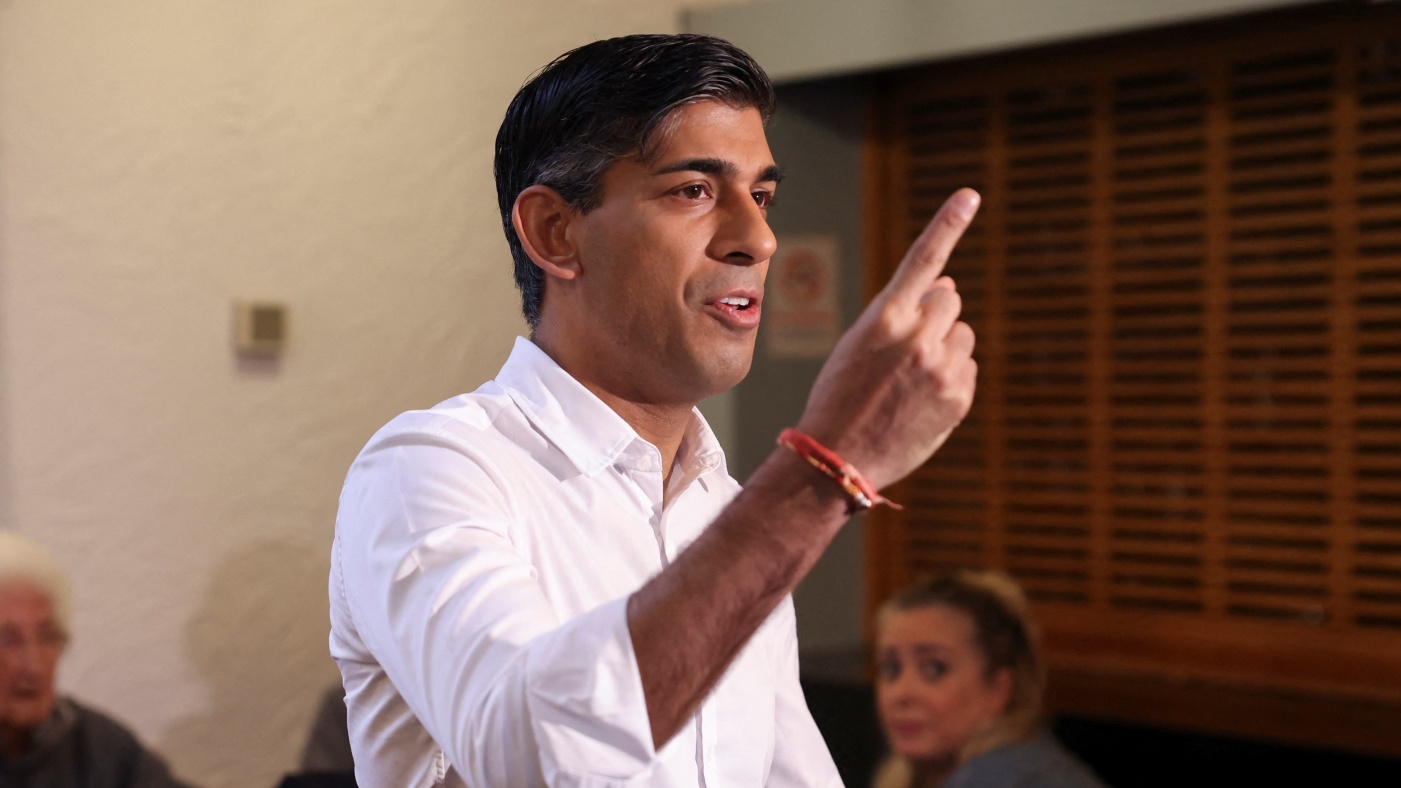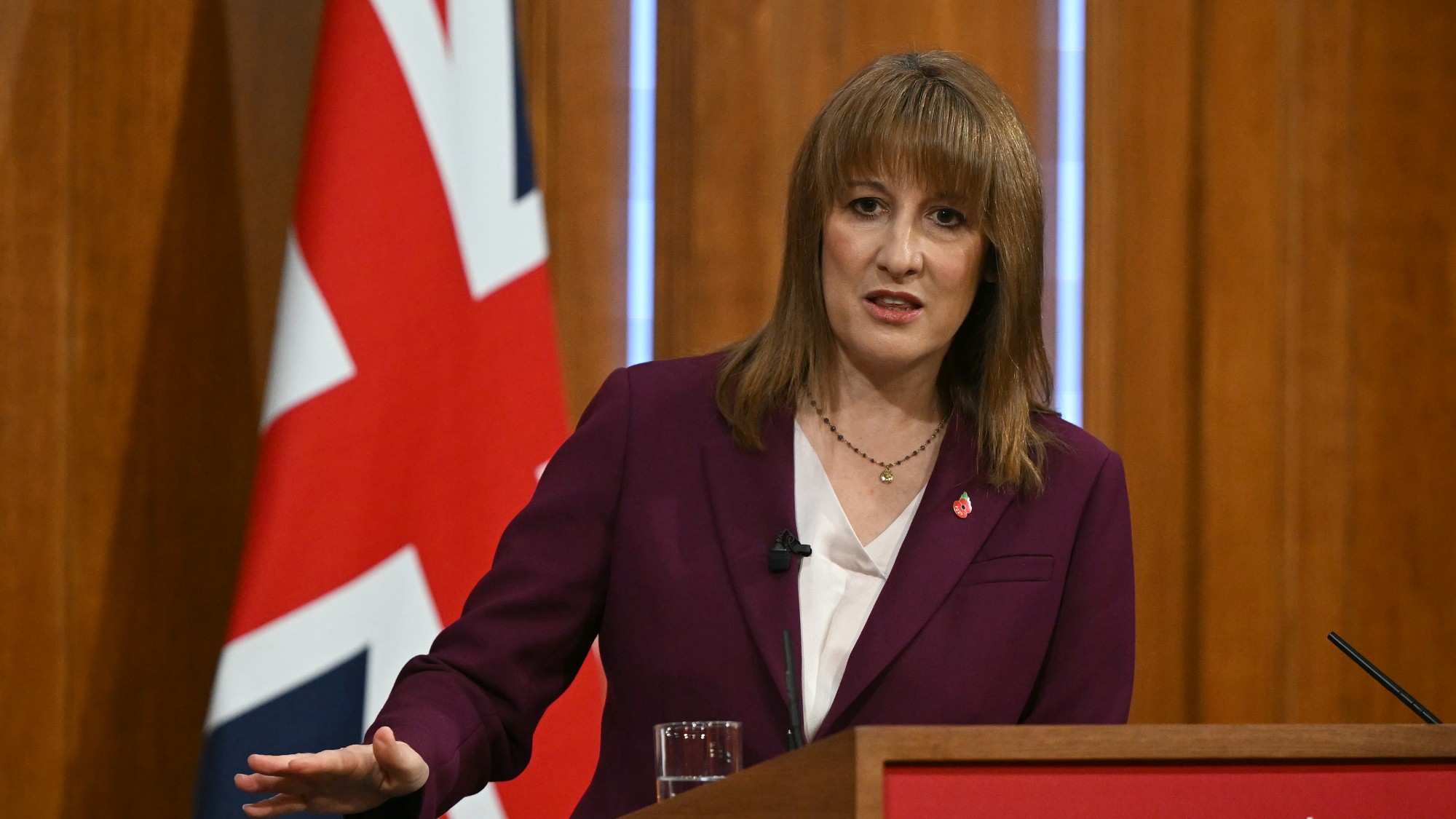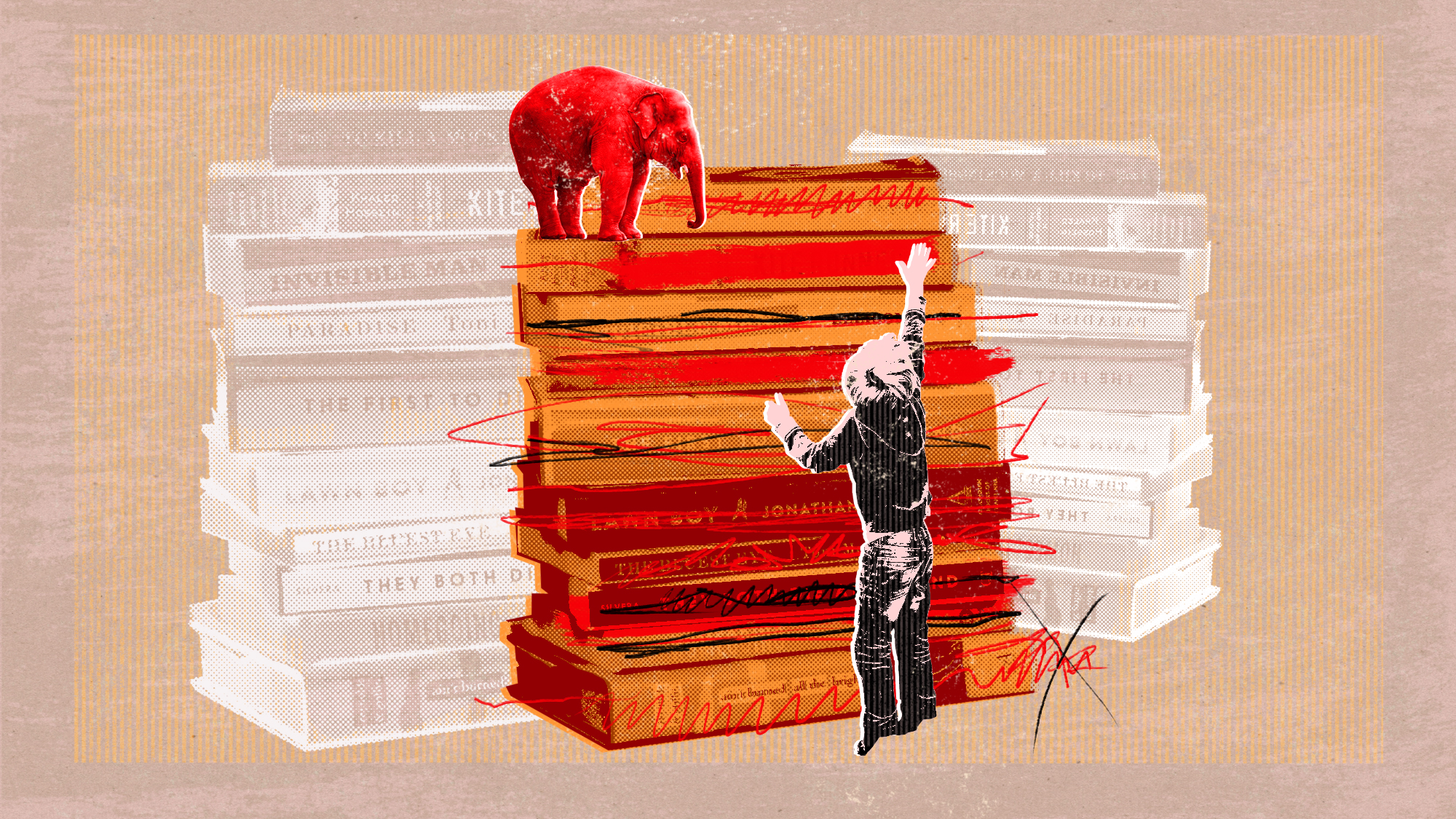Higher taxes ‘may be permanent’
UK households facing £3,500-a-year tax hike, says think tank

A free daily email with the biggest news stories of the day – and the best features from TheWeek.com
You are now subscribed
Your newsletter sign-up was successful
The Conservatives have overseen the largest tax rises since the Second World War, a new analysis has found.
The Institute for Fiscal Studies (IFS) forecasts that, by the next general election, taxes will amount to around 37% of the national income: the highest level since records began in 1948. The hike puts Rishi Sunak's government on track to raise £100bn more annually by 2024 than if taxes, as a share of national income, had remained at the 2019 level of 33%, according to the think tank.
That equates to an average of around £3,500 more per household.
The Week
Escape your echo chamber. Get the facts behind the news, plus analysis from multiple perspectives.

Sign up for The Week's Free Newsletters
From our morning news briefing to a weekly Good News Newsletter, get the best of The Week delivered directly to your inbox.
From our morning news briefing to a weekly Good News Newsletter, get the best of The Week delivered directly to your inbox.
Successive Conservative governments have "announced a series of tax-raising measures" in recent years, said the BBC, including an increase in corporation tax from 19% to 25%, a levy on profits made by energy companies, and freezes to some income tax and National Insurance thresholds.
And going into the next election, that burden is likely to increase, IFS director Paul Johnson told Radio 4's "Today" programme. Spending on pensions and health and an ageing demographic meant the country was facing "almost certainly a permanent increase in taxes", he said.
Treasury Minister Andrew Griffith refused to commit to reducing the tax burden or tax cuts before the next general election, telling Sky News that the government's priority was "bringing down inflation".
The IFS analysis was published on the eve of the Conservative Party Conference, which begins on Sunday in Manchester, and is likely to stoke "fresh infighting" among Tory MPs, said The Guardian.
A free daily email with the biggest news stories of the day – and the best features from TheWeek.com
Former prime minister Liz Truss told The Telegraph that the "unprecedentedly high tax burden" was a key reason why Britain's economy is "stagnating". Labour also seized on rising tax levels as evidence of the Tories’ failure to grow the economy, arguing that sluggish economic growth has left the government with less money to spend on funding public services.
Sorcha Bradley is a writer at The Week and a regular on “The Week Unwrapped” podcast. She worked at The Week magazine for a year and a half before taking up her current role with the digital team, where she mostly covers UK current affairs and politics. Before joining The Week, Sorcha worked at slow-news start-up Tortoise Media. She has also written for Sky News, The Sunday Times, the London Evening Standard and Grazia magazine, among other publications. She has a master’s in newspaper journalism from City, University of London, where she specialised in political journalism.
-
 The Olympic timekeepers keeping the Games on track
The Olympic timekeepers keeping the Games on trackUnder the Radar Swiss watchmaking giant Omega has been at the finish line of every Olympic Games for nearly 100 years
-
 Will increasing tensions with Iran boil over into war?
Will increasing tensions with Iran boil over into war?Today’s Big Question President Donald Trump has recently been threatening the country
-
 Corruption: The spy sheikh and the president
Corruption: The spy sheikh and the presidentFeature Trump is at the center of another scandal
-
 The Mandelson files: Labour Svengali’s parting gift to Starmer
The Mandelson files: Labour Svengali’s parting gift to StarmerThe Explainer Texts and emails about Mandelson’s appointment as US ambassador could fuel biggest political scandal ‘for a generation’
-
 Three consequences from the Jenrick defection
Three consequences from the Jenrick defectionThe Explainer Both Kemi Badenoch and Nigel Farage may claim victory, but Jenrick’s move has ‘all-but ended the chances of any deal to unite the British right’
-
 The MAGA civil war takes center stage at the Turning Point USA conference
The MAGA civil war takes center stage at the Turning Point USA conferenceIN THE SPOTLIGHT ‘Americafest 2025’ was a who’s who of right-wing heavyweights eager to settle scores and lay claim to the future of MAGA
-
 Is a Reform-Tory pact becoming more likely?
Is a Reform-Tory pact becoming more likely?Today’s Big Question Nigel Farage’s party is ahead in the polls but still falls well short of a Commons majority, while Conservatives are still losing MPs to Reform
-
 What does the fall in net migration mean for the UK?
What does the fall in net migration mean for the UK?Today’s Big Question With Labour and the Tories trying to ‘claim credit’ for lower figures, the ‘underlying picture is far less clear-cut’
-
 Will Rachel Reeves’ tax U-turn be disastrous?
Will Rachel Reeves’ tax U-turn be disastrous?Today’s Big Question The chancellor scraps income tax rises for a ‘smorgasbord’ of smaller revenue-raising options
-
 Five takeaways from Plaid Cymru’s historic Caerphilly by-election win
Five takeaways from Plaid Cymru’s historic Caerphilly by-election winThe Explainer The ‘big beasts’ were ‘humbled’ but there was disappointment for second-placed Reform too
-
 The new age of book banning
The new age of book banningThe Explainer How America’s culture wars collided with parents and legislators who want to keep their kids away from ‘dangerous’ ideas